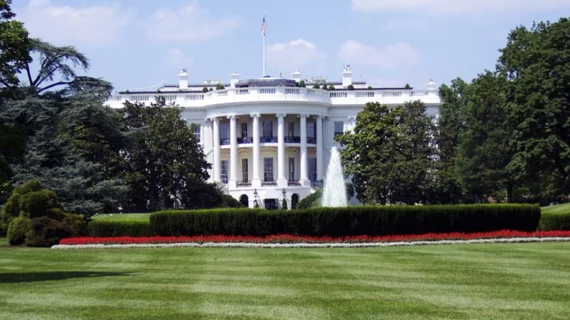4 forces favoring, 5 working against Biden’s wish to lower Medicare eligibility age
President-elect Joe Biden wants to drop Medicare’s eligibility age to 60. If he succeeds, the move might bring in well more than 20 million new enrollees. What are the odds he’ll plant that piece of a potentially sweeping healthcare agenda?
Not great, going by Kaiser’s Nov. 11 consideration of the developing situation.
For starters, even if Democrats secure razor-thin control of the Senate by winning both runoff elections in Georgia Jan. 5, Biden and colleagues will have to contend with hospitals unhappy about Medicare’s meager reimbursement rates vs. the generous prices paid by private insurers.
Here’s a rundown of some major other forces likely to be working to advance or impede Medicare availability for all as of age 60 as suggested by coverage from reporter Phil Galewitz of Kaiser Health News.
Forces favoring
1. Early retirees would support the idea. A Kaiser poll conducted last year found 85% of Democrats and 69% of Republicans in favor of dropping Medicare eligibility all the way down to 50.
2. So would employers. Medicare at 60 would mean they could save on health costs while retaining experienced workers.
3. As would Bernie Sanders, Elizabeth Warren and others currently in the running for positions in the Biden Administration. The followers of these and other leaders of the Democrat Party’s liberal wing are passionate and would push hard for this and related causes.
4. Expanding Medicare by lowering its eligibility age would relieve the insurance insecurity of millions of Americans relying on employer-sponsored coverage. “The pitfalls of the employer system were highlighted in 2020 as millions lost their jobs and workplace health coverage,” KHN points out.
1. As Capitol Hill Republicans will warn, the country’s budget deficit has already topped $3 trillion. And the Medicare Hospital Insurance Trust Fund is headed for insolvency in 2024. “That means there won’t be enough money to fully pay hospitals and nursing homes for inpatient care for Medicare beneficiaries,” KHN notes.
2. Democrats have a lot else on their healthcare wish list. The expected agenda includes stepping up federal anti-COVID efforts, reviving the Affordable Care Act, expanding Obamacare subsidies and reducing drug costs. Alongside those priorities, lowering the Medicare start age doesn’t seem so pressing.
3. Many members of Congress in both parties are “close to their hospitals and do not want to see them with a revenue hole,” a think tank thought leader tells KHN. Meanwhile concerted lobbying against the move may be fierce.
4. Democrats would be unlikely to pass any major legislation without GOP support even if they win both those Georgia seats in the Senate. The deciding vote in a tie along party lines would come down to the one cast in such situations by the vice president. Such a slim margin may mean little—if not exactly zero—room for compromise.
5. As Yale political scientist Jacob Hacker underscores, the time window is sure to be short.

